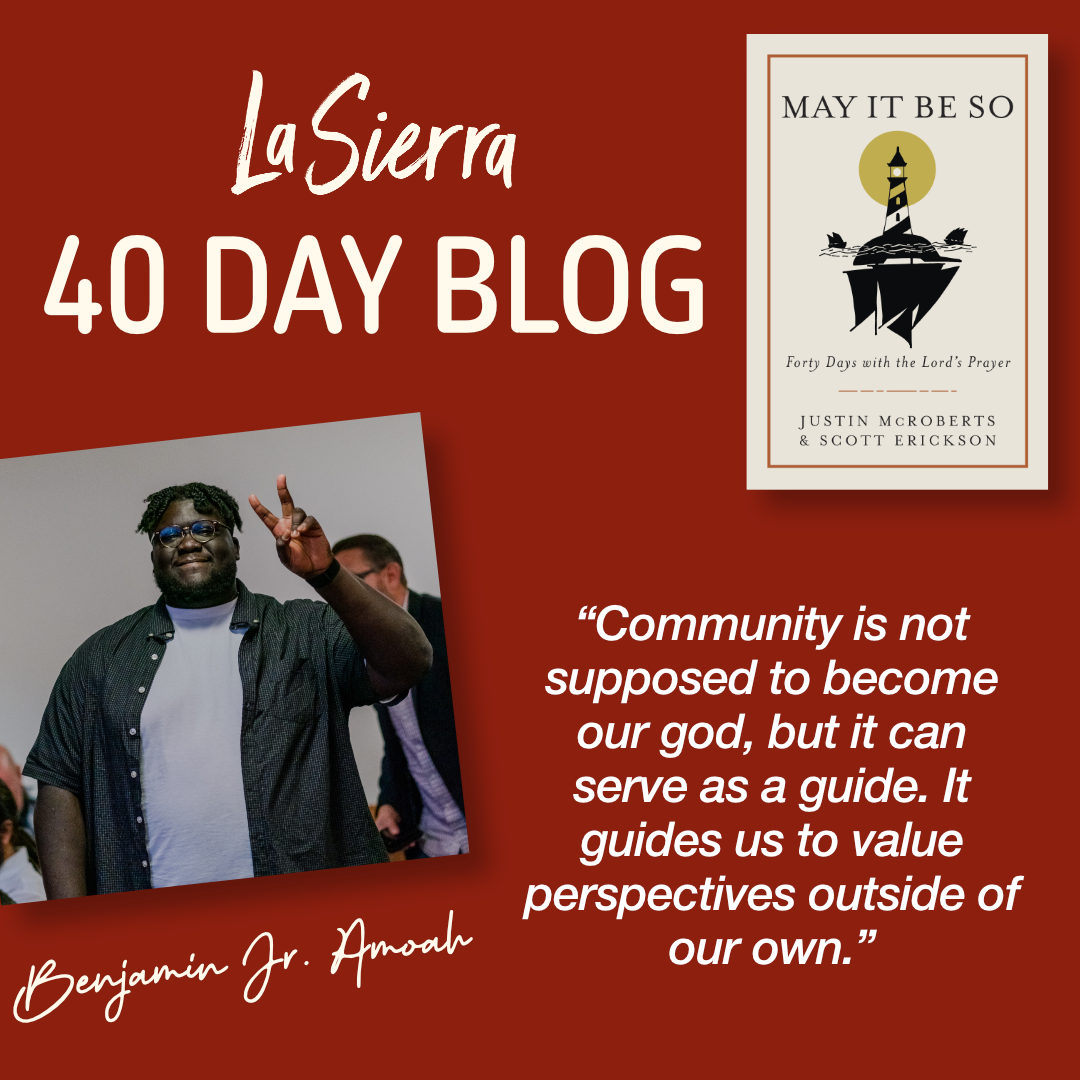When I was in college, I worked at an Adventist summer camp each year to help with paying for my tuition. Each morning, we would have staff worship, where one of the staff would share a devotional thought to kick us off for the day. On one of the mornings, the devotional thought was shared by one of our directors, who was somewhat of a sage. Everything he said sounded wise and he never missed an opportunity to share a nugget of wisdom. He started by saying this, “I am not who you think I am. I am who you think, I think, I am.”
There was silence. Not because the sentence was so profound and life-changing, but because it was 7:00 am and no one had the bandwidth to try to comprehend what was put down in front of us. Later in the day, I took time to process that line. Since then, it’s been a discussion starter I’ve used in small groups and classes. I have been so fascinated by that sentence because I think that the people around us have a part to play in who we are.
There is a dangerous side to this. Out of insecurity, we may do whatever we can to reach a standard has been created around us, to fit in, to be seen. We may be driven by what people think and their dreams more than reflecting on what we may want or need.
Yet, there is a beautiful side to living in awareness of the perspectives of those around us. It is the true essence of community that Erickson and McRoberts share so beautifully: “I am not fully myself without the way they see me and know me.” We do not exist to be absent from others, to live in silos. We were made for community and community makes us.
Community is not supposed to become our god, but it can serve as a guide. It guides us to value perspectives outside of our own. It guides us to listen, and, along the way, we learn how to discern the voices that matter and the voices that can be placed on the back burner.
As they write in the second half of today’s prayer: “May I humbly receive the wisdom of those who offer it in love.” All wisdom is wisdom but not all wisdom is in love. Because of pride, trauma, and anxiety, all wisdom can sound offensive, but there is a difference between wisdom in love and plain wisdom.
There are people in our lives who are always looking for any moment to add their “two cents,” people who want to correct us before knowing our story, people who take it upon themselves to be the first to speak into our lives without knowing anything about us.
Wisdom in love looks different. It looks like being present, like listening before speaking, like connection. We experience this from an ever-loving God that came to Earth to show us how to live better, from a friend who is always in our corner, from the ones we call “our people.” We all have the capability to give wisdom, but we often fall short of sharing it in love.
This season, my prayer is that I can keep my mind open to wisdom from those who love me, keep my heart open to the people who are present, and keep being grateful for those people, because I am not complete without them.

